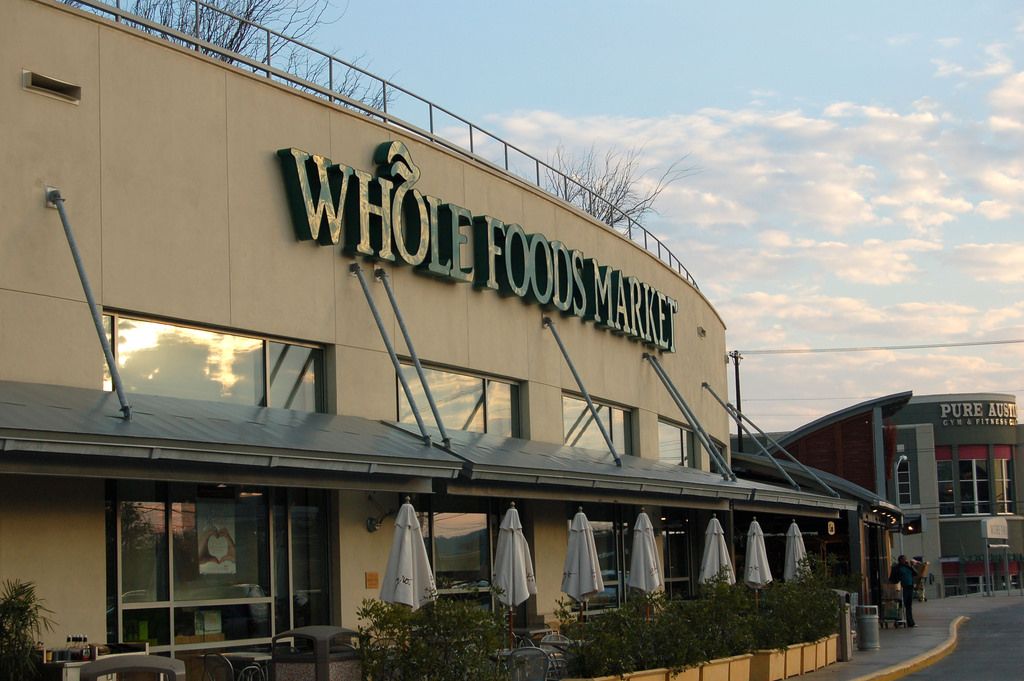Activist investors tend to get a lot of press in the heat of the moment when they reveal their stake, take a stand in shareholders meetings, or trade salty words with CEOs, but their effect on the companies they come to dominate are lasting and their credit can sometimes fade into history.
Activist investing is what happens when a company, individual or institution takes a significant, though not majority stake in a publicly traded company with the intention of changing the company’s behavior. When such stakes are revealed, the market often responds with excitement, since many activist investors jump in because a firm is not meeting its profits potential, but some are also values-motivated. In just the past few years, several food and agriculture companies have found themselves contending with activist investors.
- Con Agra, General Mills, made The Street list of “18 Companies That Could Soon Be Attacked by an Activist Investor.”
- An activist investor reportedly ‘made a killing’ off the split up of Kraft’s grocery and snack divisions back in 2011.
- Plans for the Dow-Dupont merger are currently being challenged by a coalition of activist investors.
Here we discuss decisions and events at Nestle, Hain Celestial, and Tyson Foods, but there are plenty more well-known mergers and acquisitions, or other major corporate shifts that were the result of activist investors.
The impact of aggressive activist investor Jana Partners on Whole Foods is a textbook example of how profit-driven investor activism can work. Jana, a New York-based hedge fund, announced in April that it held a more than 8% stake in Whole Foods and by May the board had been overhauled, reportedly removing five members loyal to Joh Mackey, Whole Foods founder and CEO. Jana then began pushing for a sale.
In June, Whole Foods and Amazon announced that the online retail behemoth would purchase the natural and organic grocer for $13.7 billion. (Read what this could mean for Whole Foods here.)
Whole Foods CEO Joh Mackey famously described Jana to Texas Monthly thus: “They’re greedy bastards, and they’re putting a bunch of propaganda out there, trying to destroy my reputation and the reputation of Whole Foods, because it’s in their self-interest to do so.” In late July, after presumably pushing the grocer into a sale, Jana cashed out of its stake in the grocer, making about $300 million in profit.
Shares of Hain Celestial stock jumped on June 30 when it was revealed that Engaged Capital had obtained a 9.9% stake in the natural foods company, making it the largest shareholder. Engaged Capital, a California-based hedge fund, additionally proposed seven candidates be added to Hain’s board. Engaged Capital told the Wall Street Journal that the firm will push for a sale after one year’s downward movement of its stock price.
Hain has recently resolved some troubles around its financial reporting, also hiring a new CFO. The day before Engaged Capital’s stake went public, Cultivate Ventures, Hain’s venture arm, announced its acquisition of The Better Bean Co. JP Morgan analysts told Market Watch that an outright sale is unlikely.
Some observers give activist investors the credit for Tyson’s investment in plant-based meat alternative company Beyond Meat. Green Century Funds is a sustainable mutual funds company (read our interview with its CEO here) that keeps a separate account specifically for investor activism in companies that do not meet its usual environmental standards. In February 2016, Green Century Capital filed a proposal at a Tyson’s shareholders meeting to disclose the “operational impacts associated with continuing to use gestation crates,” or very small cages that do not allow animals enough room to move around. In August, Green Century filed an additional proposal that called on Tyson to disclose, “Risks associated with the growing demand for plant-based protein, stemming from consumers’ concern about animal welfare, the environment, and public health.” In October, Tyson’s acquired a 5% stake in Beyond Meat and Green Century withdrew its proposal.
In June, hedge fund Third Point announced that it had taken a $3.5 billion stake in Nestle, the largest food company in the world. Third Point expressed interest in slimming down the company’s portfolio of 2,000 brands. The hedge fund also wanted Nestle to end its US candy business and sell its 23% stake in cosmetics company L’Oreal. Other shareholders saw the news in a positive light, with the stock jumping 4% the morning Third Point announced its 1.3% stake in the $266 billion company.
“Despite having arguably the best-positioned portfolio in the consumer packaged goods industry, Nestlé shares have significantly underperformed most of their US and European consumer staples peers on a three-year, five-year, and ten-year total shareholder return basis,” said Third Point in a letter to shareholders dated June 25, 2017.
The letter states that Nestle’s sales growth is slowing down and the company has not responded to changes in consumer preferences as quickly and as effectively as competitors. News coverage suggested that despite the encouraging market responses, shareholders shouldn’t get their hopes up since massive multi-national conglomerates are tough to change and Third Point’s influence though sizable, is still limited.
What do you think about the influence of activist investors on food and ag?
Get in touch at [email protected]





